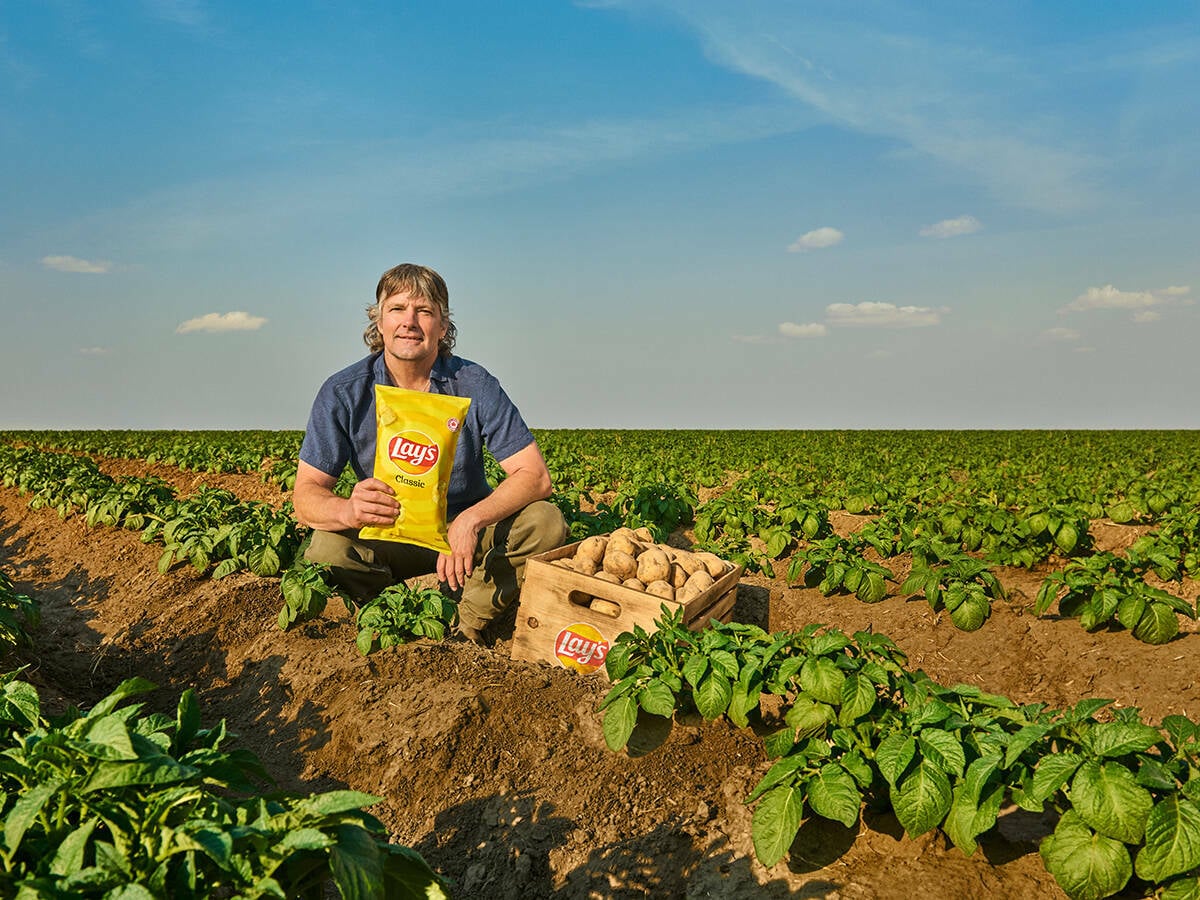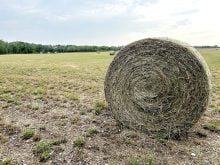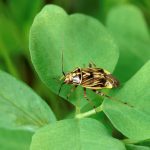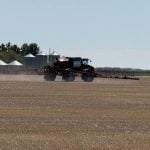Health Canada is denying a claim by Sierra Club Canada that it won’t take any action on controversial neonicotinoid insecticides until 2018.
“Health Canada is working closely with provincial authorities, beekeepers and the pesticide industry to implement exposure reduction measures in time for the 2014 planting season, and to find additional ways to further reduce pollinator exposure to neonicotinoid insecticides,” an official stated in an email.
But Sierra Club executive director John Bennett said there are plenty of studies linking neonicotinoid pesticides with the declining bee populations.
Read Also

Alberta farmer invited to World Economic Forum
Southern Albertan farmer’s regenerative agricultural practices featured on panels at Davos where nations come together in partnership.
“We found 20 studies in a few hours on the Internet,” said Bennett. “There is plenty of evidence linking neonicotinoid with killing bees in Canada and in Europe. The time to take precautionary action is before the disaster.”
There have been reports of high death rates this year in parts of Central Canada, but not as many as in 2012. Most relate to the release of dust containing neonicotinoid insecticides, which are used to treat corn seed.
Western farm groups have told the government that it should examine the seeders used to plant corn. They allow the seed to drop into a furrow in the ground, which enables some of the talc lubricant on the corn seed to escape into the atmosphere. Soybeans and canola are also coated with neonicotinoid insecticides but the air seeders inject the seed directly into the soil and don’t leave traces of the insecticide in the air. As a result, bee populations in Western Canada aren’t suffering as badly as elsewhere.














